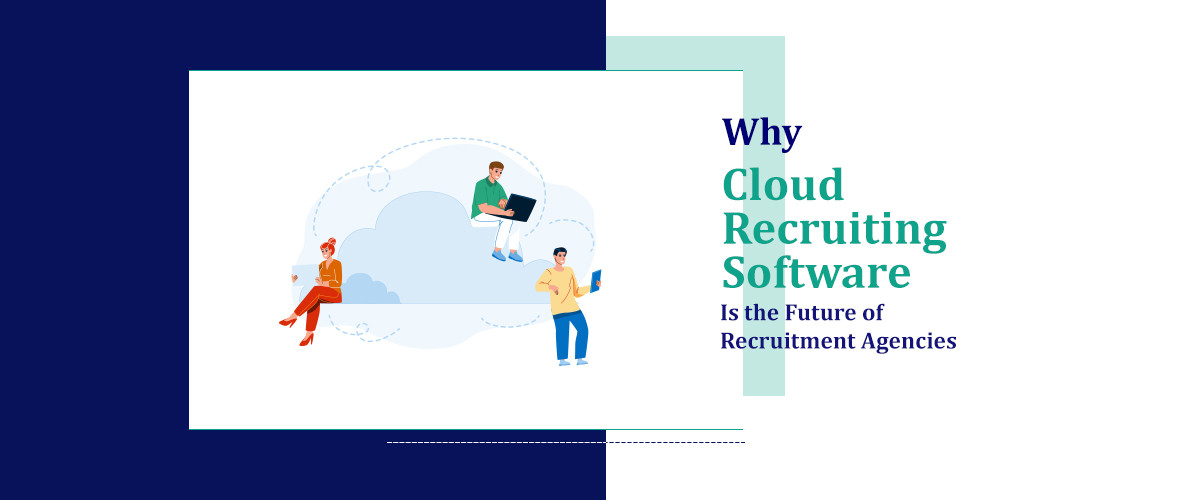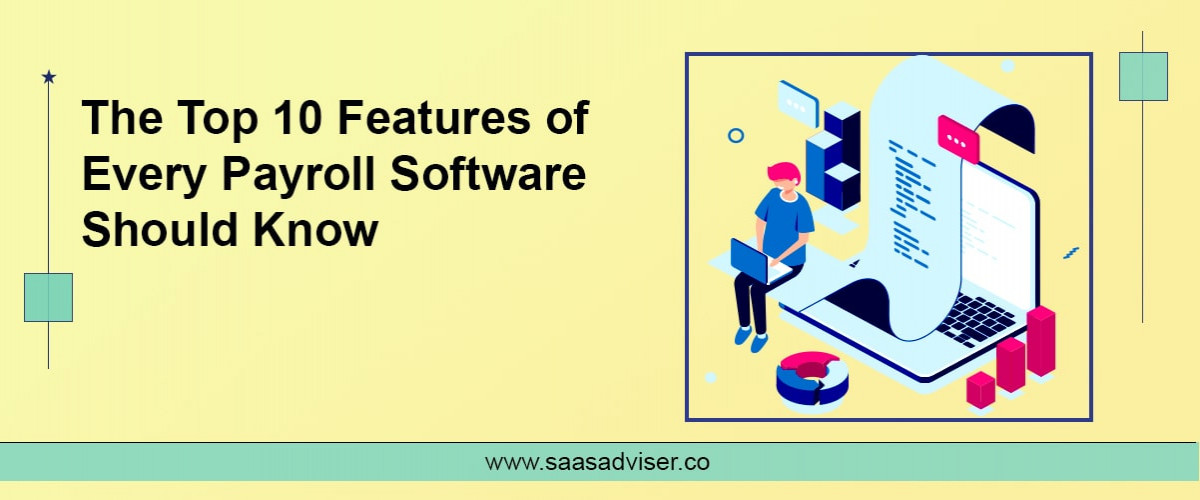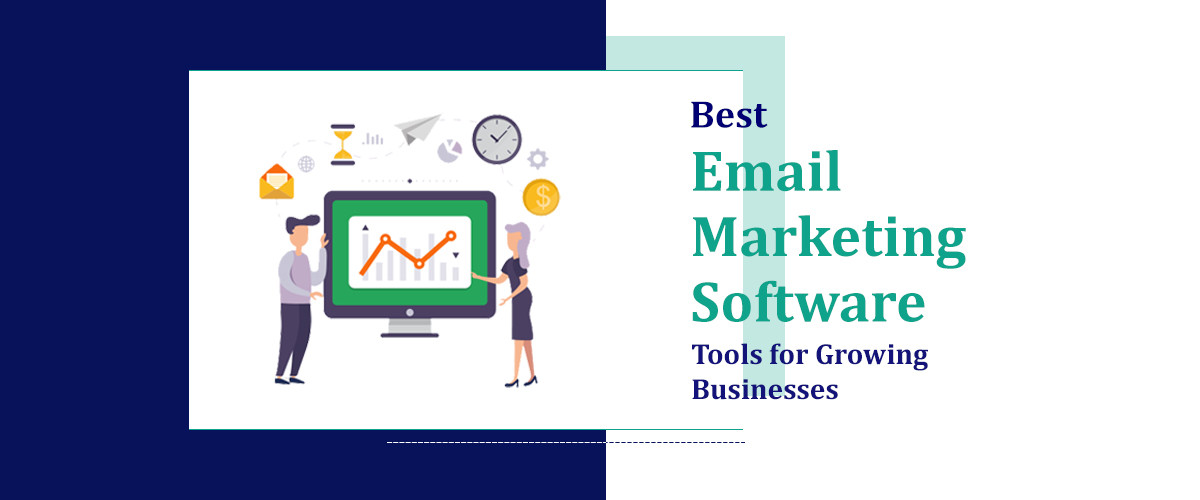What we'll cover
Digital transformation is more than just a catchphrase in this day and age; it's changing every sector it touches, including employment and recruiting. Cloud recruiting software, a ground-breaking technology that is transforming the way recruitment companies function, is a product of the wave of technological innovation. Not only is this the future, but it is also the present. To remain competitive in the talent market, HR experts, recruiting firms, and small company owners must grasp its nuances and uses.
In this article, we'll examine the various ways that recruiting software is improving the efficacy, efficiency, and general recruitment agency experience in India. This software is helping agencies manage higher volumes, gain a deeper understanding of their customers, and most importantly make more educated and data-driven recruiting decisions by simplifying processes and using the power of AI and data analytics.
Understanding Recruiting Software: The Basics
Recruiting software is a specialised product used extensively in the USA that is intended to streamline the recruiting process. The laborious parts of hiring are automated, including communication with candidates, interview scheduling, candidate database management, and application sifting. Hiring teams can concentrate on what really matters finding the appropriate talent—while this kind of software streamlines the recruitment cycle.
Companies that want to remain competitive in the labour market now depend heavily on recruiting software. Companies must have effective hiring procedures since the labour market is fiercely competitive and ever-changing. Recruiting software helps firms make better recruiting decisions by providing useful data and insights, in addition to expediting the recruitment process.
Key Features of Recruiting Software
- Automated Candidate Sourcing: This function saves recruiters time by using machine learning and artificial intelligence to find applicants on a variety of sites.
- Application Tracking System (ATS): A crucial element that keeps track of each candidate's advancement from applicant tracking system to hire during the recruiting process.
- Relationship Management for Candidates (CRM): Focuses on interacting with possible applicants, forming bonds with them, and keeping a talent pool ready for open positions in the future.
- Analytics and Reporting: Provides information on hiring procedures, identifies bottlenecks, and uses data analysis to assess the efficacy of recruitment tactics.
- Collaboration Tools: By facilitating communication among recruiting team members, these tools guarantee that all parties are on the same page and aware of the latest developments throughout the whole recruitment process.
- Compliance Management: Lowers the possibility of legal problems by managing and ensuring adherence to employment rules and regulations.
- Mobile Accessibility: Facilitates a smoother, more accessible communication channel by allowing applicants and recruiters to communicate via mobile devices.
The AI Revolution in Recruiting Software
Artificial intelligence (AI) has revolutionised a number of industries, including hiring. Because of their enormous processing power, cloud-based platforms are now the ideal environments for AI to improve hiring like never before. This section will go into detail on AI's use, particularly in cloud recruiting software, and how it has affected the recruitment industry.
-
AI-Powered Recruiting and Matching of Candidates
Finding the most qualified applicants for a post fast and precisely is one of the most important uses of AI in recruiting. These technologies greatly improve the efficiency of the candidate sourcing process by analysing resumes, professional network profiles, and even publically accessible data to identify the best applicant for the position.
-
Using AI to Simplify the Screening Process
AI may also be used to automate the preliminary application screening procedure, producing a shortlist of applicants who most closely match job criteria. In addition to saving time, this guarantees that no qualified applicants are overlooked because of prejudice or human mistake.
-
Enhancing the AI Candidate Experience
The potential of AI in recruiting to enhance the applicant experience is another significant factor. Candidates will have a more favourable opinion of the hiring process and the business as a whole if chatbots and virtual assistants engage with them, respond to their inquiries, and promptly update them on the progress of their applications.
Data-Driven Decision Making in Recruitment Software
Data accessibility has revolutionised the hiring process by facilitating evidence-based choices that can greatly raise the calibre of new personnel. The gathering, organising, and analysis of this data is mostly handled by cloud recruitment software, which offers insightful information that helps agencies improve their procedures and tactics.
-
Utilising Analytics to Enhance Procedures
Agencies may examine time-to-fill and cost-per-hire metrics, pinpoint process bottlenecks, and assess the effectiveness of various sourcing channels by monitoring and evaluating recruiting data. Using this information to make well-informed decisions about resource allocation that maximise return on investment is essential.
-
Assessing and Enhancing the Quality of Candidates
Utilising recruitment software also enables firms to evaluate the calibre of applicants they draw in and employ. Agencies may focus their sourcing and screening criteria on the qualities that contribute to success inside the organisation by monitoring applicant performance over time.
Ensuring Compliance and Security in the Cloud
Recruitment companies handle a great number of sensitive data, including private candidate information and employee onboarding software for USA. Thus, to safeguard this data and adhere to the most recent data protection laws, cloud recruitment software has to have strong security measures.
-
Recognising the Significance of Data Security
Cloud recruitment software must include cutting-edge security features like encryption, access limits, and recurring security audits in a world where data breaches may have dire repercussions. The specific data protection laws and rules that apply to Indian recruiting firms will also be covered in this section.
-
Ensuring Adherence to Best Practices and Recruitment Laws
Recruitment firms are subject to industry-specific rules and best practices in addition to generic data security. By ensuring that agencies operate within the bounds of their respective jurisdictions, compliance-checking and feature-rich cloud recruitment software protects them from potential legal problems.
The Role of Integrations and Partnerships
For a comprehensive recruitment solution, cloud-based recruiting software shouldn't be used as a stand-alone tool; instead, it should interface with a range of platforms and services. The benefits that come with partnerships and integrations as well as how they help cloud recruitment workflow management software market.
-
Adding More Function via Integrations
For a variety of hiring-related tasks, including background checks and competence evaluations, recruitment firms frequently utilise a range of technologies. The smooth flow of information and operations made possible by the integration of these technologies with cloud recruitment software minimises manual labour and boosts productivity.
-
Using Strategic Alliances to Drive Innovation
Cloud recruiting software may remain innovative by forming strategic alliances. Recruiting software vendors may give their clients extra features and services, including enhanced evaluation tools or job board alliances, by collaborating with other digital businesses.
Case Studies: Success Stories in Cloud Recruiting Software
Examining actual cases of effective cloud recruitment software use is essential to comprehending the full impact of this technology. This section will provide case studies of Indian recruiting companies who have transformed their business processes, grown, and maintained their competitiveness in the market by utilising cloud software.
-
Agency A: Leveraging AI for Faster Sourcing and Shortlisting
The application of artificial intelligence (AI) in cloud recruitment software by an agency to drastically cut down on the time spent on applicant sourcing and preliminary screening will be discussed here, resulting in quicker placement and higher client satisfaction.
-
Agency B: Optimizing Data Analytics for Strategic Growth
The use of data analytics in payroll software for US to spot market trends, counsel clients on hiring strategies, and eventually increase placements and market share will be the main topic of this case study.
Adoption Challenges and How to Overcome Them
Although cloud recruitment software has many advantages, adoption is not without its difficulties. This section will examine typical roadblocks that agencies may encounter, such as reluctance to change and a lack of technical knowledge, and provide solutions.
-
Change Management and User Training
It's crucial to handle the change management procedure and give people thorough training while implementing new technologies. We'll talk about methods for handling change well and making the move go smoothly.
-
Ensuring Buy-In from Stakeholders
All stakeholders must be on board for the cloud recruiting software transformation to be effective. We'll look at communication tactics that hiring companies might use to explain the advantages and significance of moving to cloud computing.
The Future of Recruiting Software Technology
In the future, cloud recruiting software will play an ever larger part in the operations of Indian recruitment companies. This last part will provide some insights into possible trends, future advancements, and the technology's ongoing impact on the recruiting scene.
-
New Technologies and How They Connect with Cloud Hiring
We expect the capabilities of cloud recruitment software to be further enhanced by the incorporation of upcoming technologies, such blockchain technology for secure data transfers or virtual reality for applicant interviews.
-
Industry Forecasts and Trends to Keep an Eye on
What do experts in the field believe will happen to recruiting technology in India in the future? We'll highlight market trends and observations that are expected to influence hiring practices going forward, such the surge in remote employment and the growing use of mobile recruiting.
Conclusion
Recruiting software represents not just the future but the present advancement in the recruitment industry. For agencies, especially within the competitive landscape of the USA, adapting to such SaaS solutions like Adviser can significantly enhance operational efficiency, data security, and scalability. The ability to streamline recruitment processes, access a wide pool of talent without geographical limitations, and offer a personalized experience to both candidates and clients position recruiting software as an indispensable tool. It's clear that as technology evolves, recruitment agencies that leverage these cloud-based platforms will be at the forefront of the industry, driving innovation and success in an increasingly digital world.
Recruiting software is a technology tool designed to streamline the hiring process by automating tasks such as job posting, candidate sourcing, applicant tracking, and communication with candidates.
Recruiting software enhances efficiency by automating repetitive tasks, improves candidate sourcing through advanced search capabilities, and provides analytics for better decision-making.
Yes, many recruiting software platforms offer integration capabilities with other HR tools such as applicant tracking systems, HRIS, payroll software, and productivity tools to create a seamless recruitment ecosystem.
Absolutely, recruiting software caters to businesses of all sizes. Many solutions offer scalable features tailored to the needs and budgets of small businesses, making recruitment more accessible and efficient.
Top recruiting software providers prioritize data security, implementing robust encryption, access controls, and compliance measures to safeguard sensitive candidate information, ensuring confidentiality and regulatory compliance.




